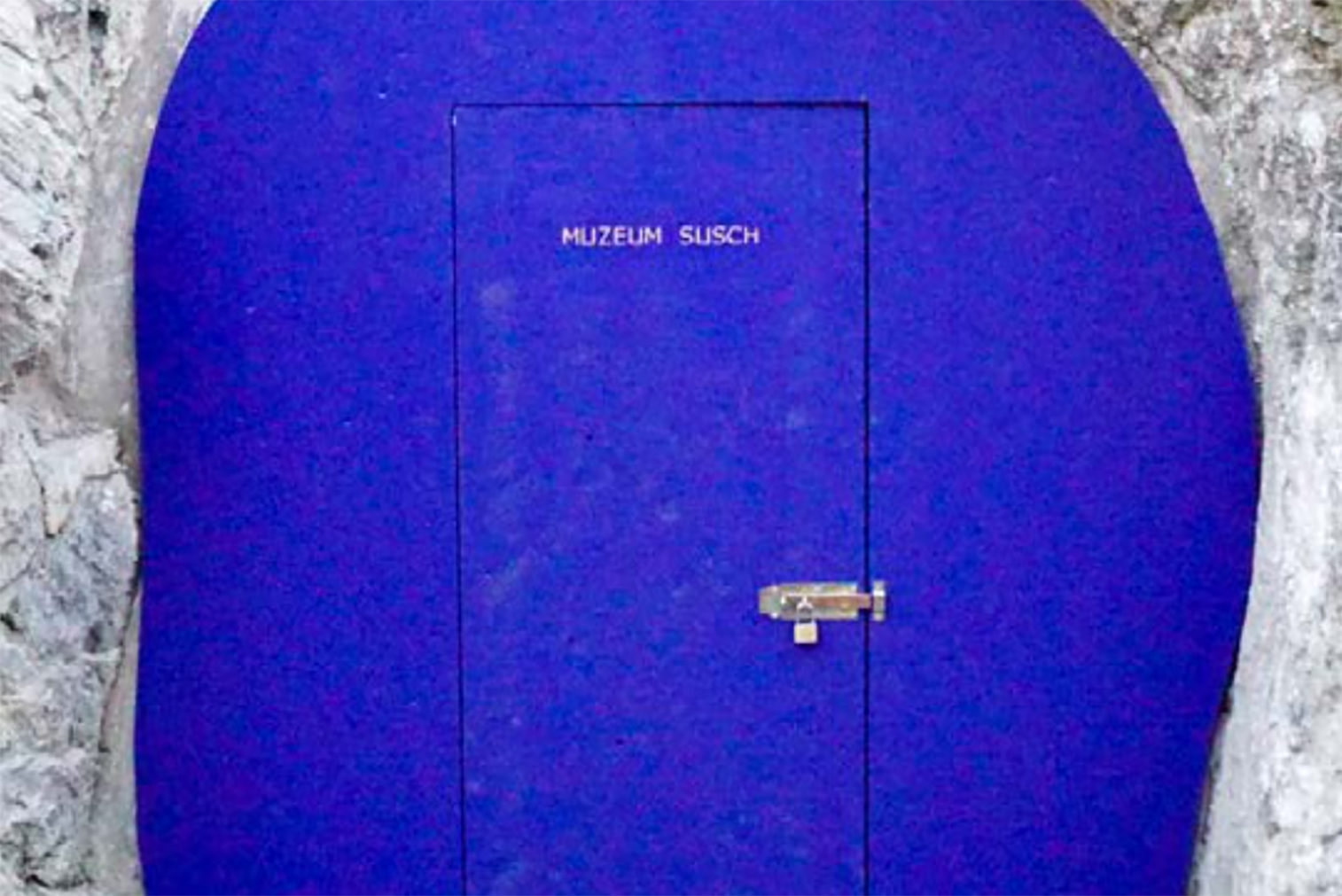Muzeum Susch, a major new space and home for experimental approaches to contemporary art, will open to the public on 2nd January 2019, founded and created by Grażyna Kulczyk, the Polish entrepreneur and long-term supporter of contemporary art and women in business and STEM. Before the museum opens its doors to the public, scholars, writers, artists and scientist will convene for the second annual Disputaziuns Susch, a discursive symposium taking place on 27 October.
The 2018 edition will challenge beliefs and re-examine assumptions about Artificial Intelligence and its potential uses, implications and consequences; not only in economic terms, but also on culture, ethics and belief systems, providing an opportunity for humanists to be part of the technological revolution. This relates to a long-established interest in exchanges between art and science, for example in the 2008 exhibition “It from bit”, staged at Art Stations Foundation Poznań, whichshowcased art made using computers and mathematical algorithms.
A decade into accelerated developments, Disputaziuns Susch 2018 will bring together an invited group of experts and speakers in the fields of art, academia, science, technology and economy, to analyse the factual status of AI, its impact and its possible futures. Talks will discuss agencies broaching the mysticism of both technological and artificial power structures, the changing narratives in the human machine discourse and the transfer of gender imbalances from the physical to digital worlds.
Disputaziuns Susch is hosted by Grażyna Kulczyk, founder of Art Stations Foundation CH and Muzeum Susch, and chaired by Mareike Dittmer, Director, Art Stations Foundation CH. Programme highlights include a premier reading ‘Wonderland Ave’,the new play of acclaimed German writer, Sibylle Berg; conversations with artists Julieta Aranda and Simon Denny; the co-founders of SwissCognitive – The Global AI Hub, Dalith Steiger and Andy Fitze; director of Institute Art in Context, UdK Berlin and co-curator of the 2018 Busan Biennale, Jörg Heiser; philosopher, Marcus Steinweg; and scientists, Aleksandra Przegalinska andGabriela Voskerician and others.
See full conference programme: muzeumsusch.ch/d/disputaziuns-susch
Please note space is limited and registration is mandatory
To attend, please email contact@muzeumsusch.ch by 24 October.
The main game changer for the coming years, AI and its (potential) uses have implications and consequences not only in economic terms, but also on culture, ethics and believe systems which give a chance for humanist to be again part of technological revolution.
Pessimists and those who fear, see rising (human) unemployment and civil unrest coming along, while optimists and those who embrace, are painting a bright future of leisure and creativity.
Either way, other than previous industrial revolutions that saw machinery and tools filling in for mechanical human skills, this time our mental functions are about to be replaced – by machines who are supposed to making predictions and decisions faster and with more accuracy than the human brain can comprehend.
The scale of this challenge has not fully arrived with government agencies, business leaders and scientists, and it seems essential to think about frameworks and regulations that would accompany this change before it settles without other leading forces than the profit-making of the tech industries. Algorithmic deficiencies based on the biases of the programmers need to be identified and a code of conduct as well as greater diversity among the engineers and computer scientists developing AI could go a long way toward minimizing these biases.
To quote Marina Gorbis, executive director of the Institute for the Future: “We need technologists who understand history, who understand economics, who are in conversations with philosophers, we need to have this conversation because our technologists are no longer just developing apps, they’re developing political and economic systems.” These are very present issues that need to be urgently addressed, since the technologies become more prevalent. Thus, we want to bring diverse speakers from science, art, academia, tech and economy together to analyse the factual status of AI, its impact and its possible futures, and to discuss agencies broaching the mysticism of both technological and artificial power structures, the changing narratives in the human machine discourse and the transfer of gender imbalances from the physical to digital worlds: Can empathy be programmed and what is it to be human? Does it matter that AI is 95% coded by men? Do we replace the Deus ex Machina with machines with godlike attributes? What holds believes? By taking facts to arguments and charging them with tension we will intensify the energy thinking holds and playfully expand realities.



